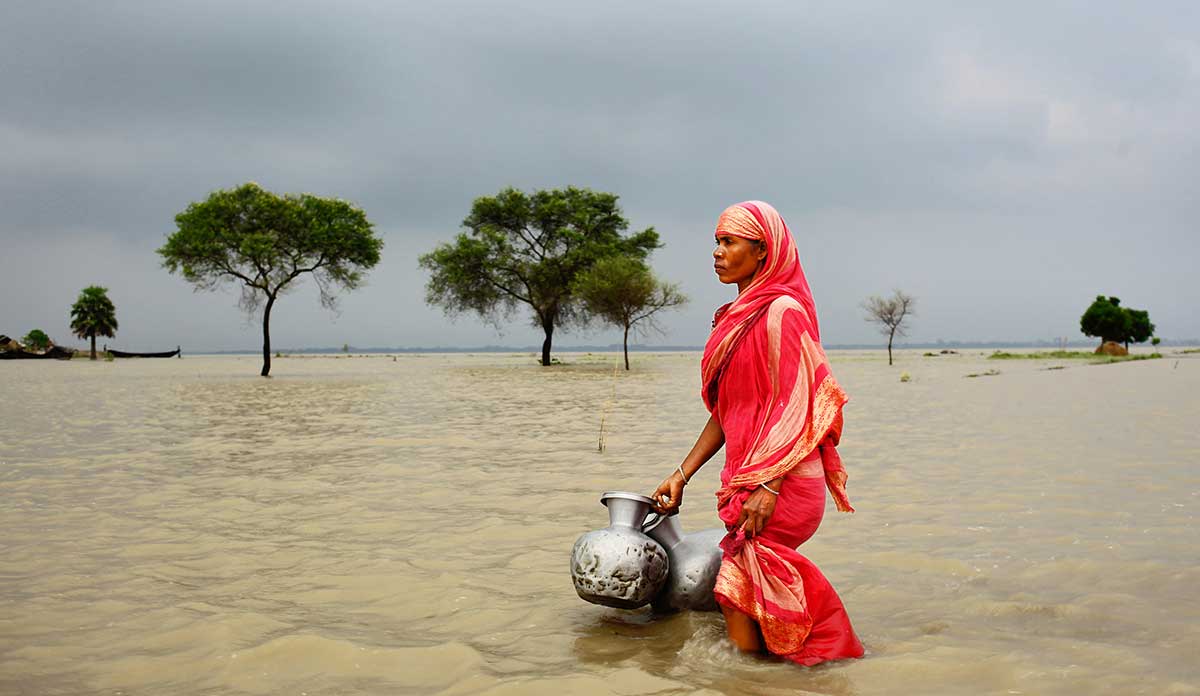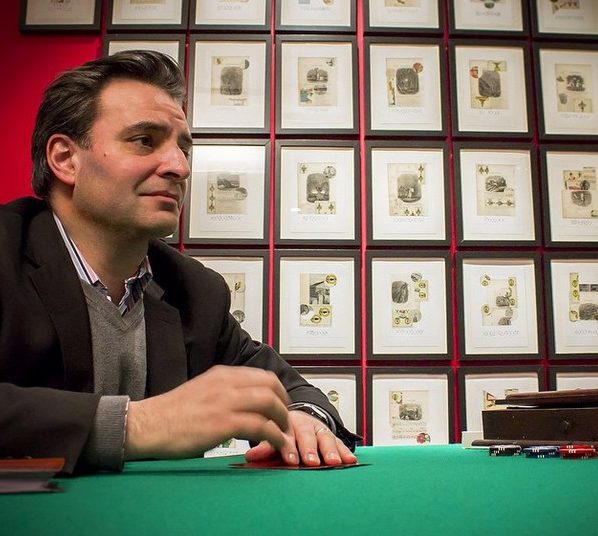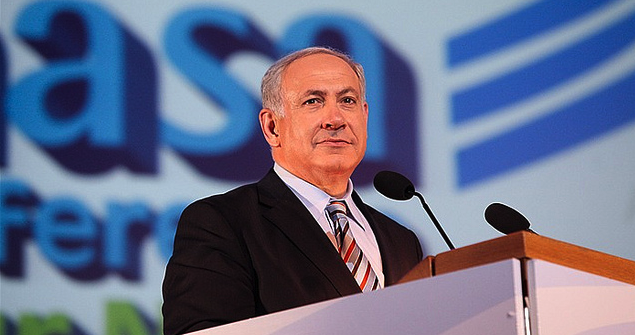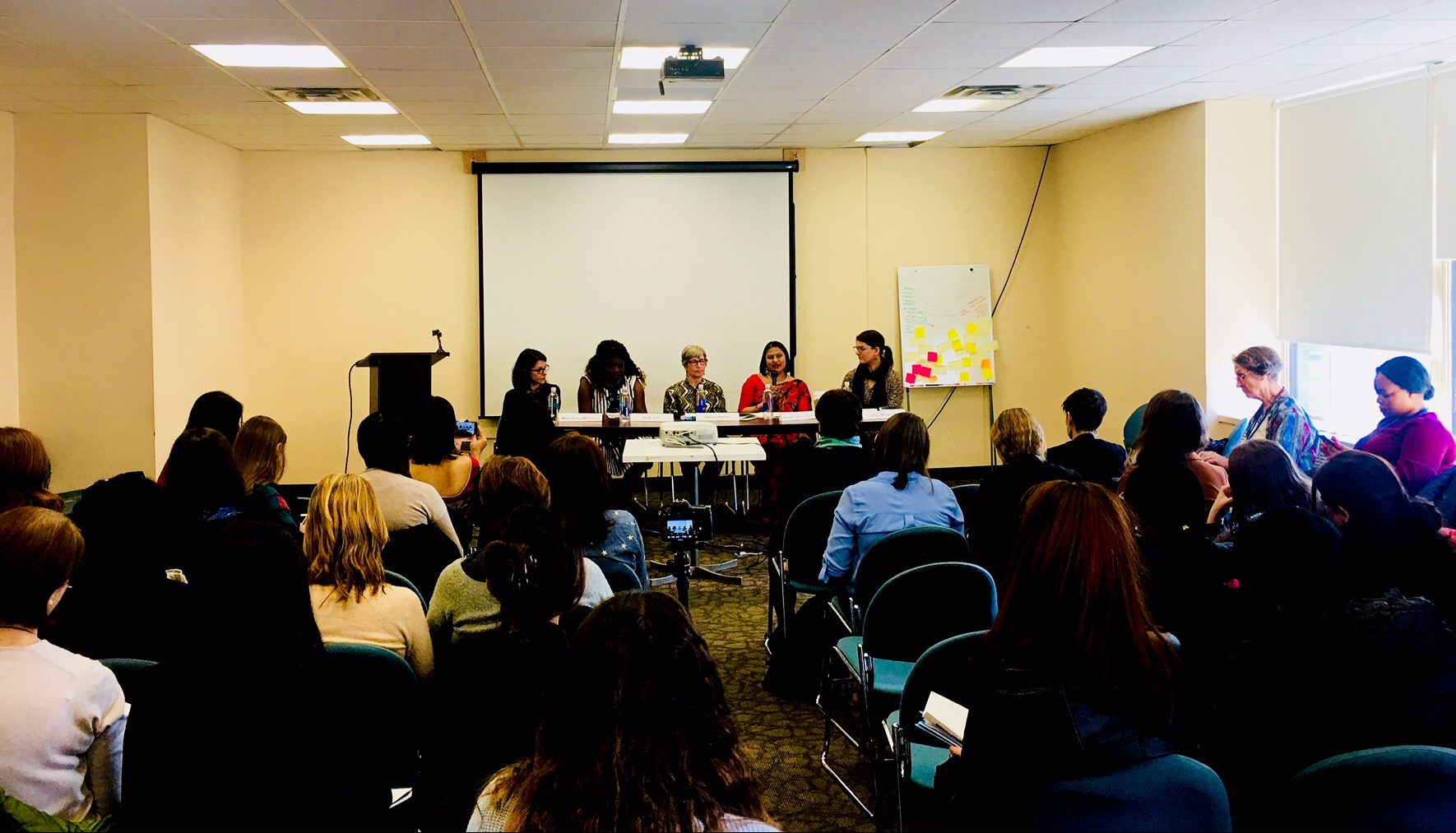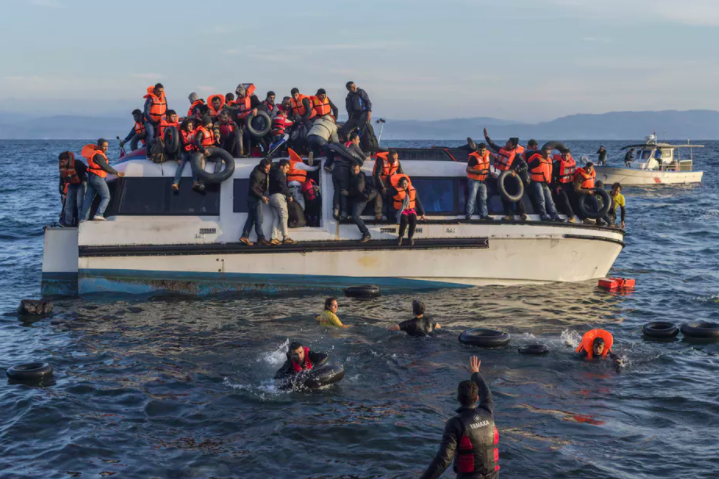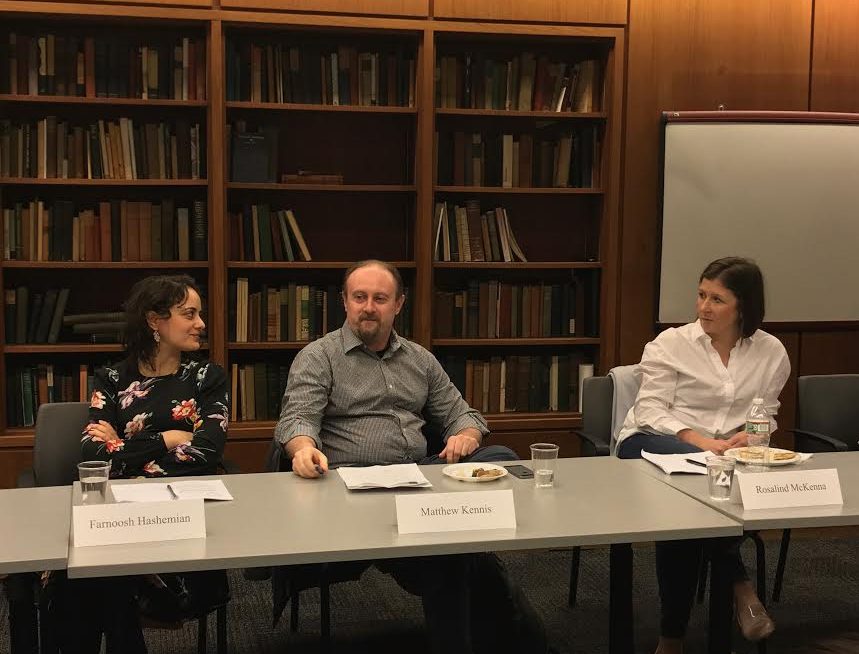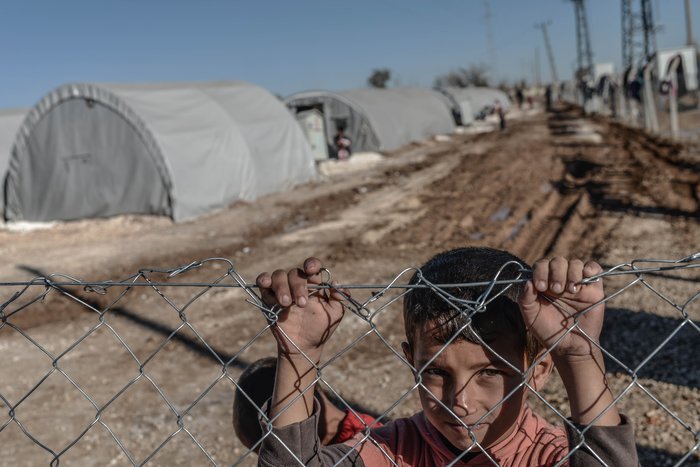
A Way Forward? Climate Change, Immigration, and International Law
“Climate refugees” will be the new face of immigration. Why isn’t international law prepared? This story is Part II of a two-part series on climate change, immigration and international law.
By Genevieve Zingg, editor of RightsViews and an M.A. student in Human Rights Studies at Columbia University
A potential solution to the looming issue of climate migration has recently been put forward by a commission of academic and policy experts who spent the last two years developing the Model International Mobility Convention. The proposed framework establishes the minimum rights afforded to all people who cross state borders, with special rights afforded to forced migrants, refugees, migrant victims of trafficking and migrants stranded in crisis situations.
A Way Forward? Advancing the International Mobility Convention
The Mobility Convention broadens the scope of international protection by recognizing what it terms “forced migrants.” Climate migrants lacking legal grounds for asylum under the 1951 Convention would qualify for protection under the forced migrant definition it advances.
“We were looking...

